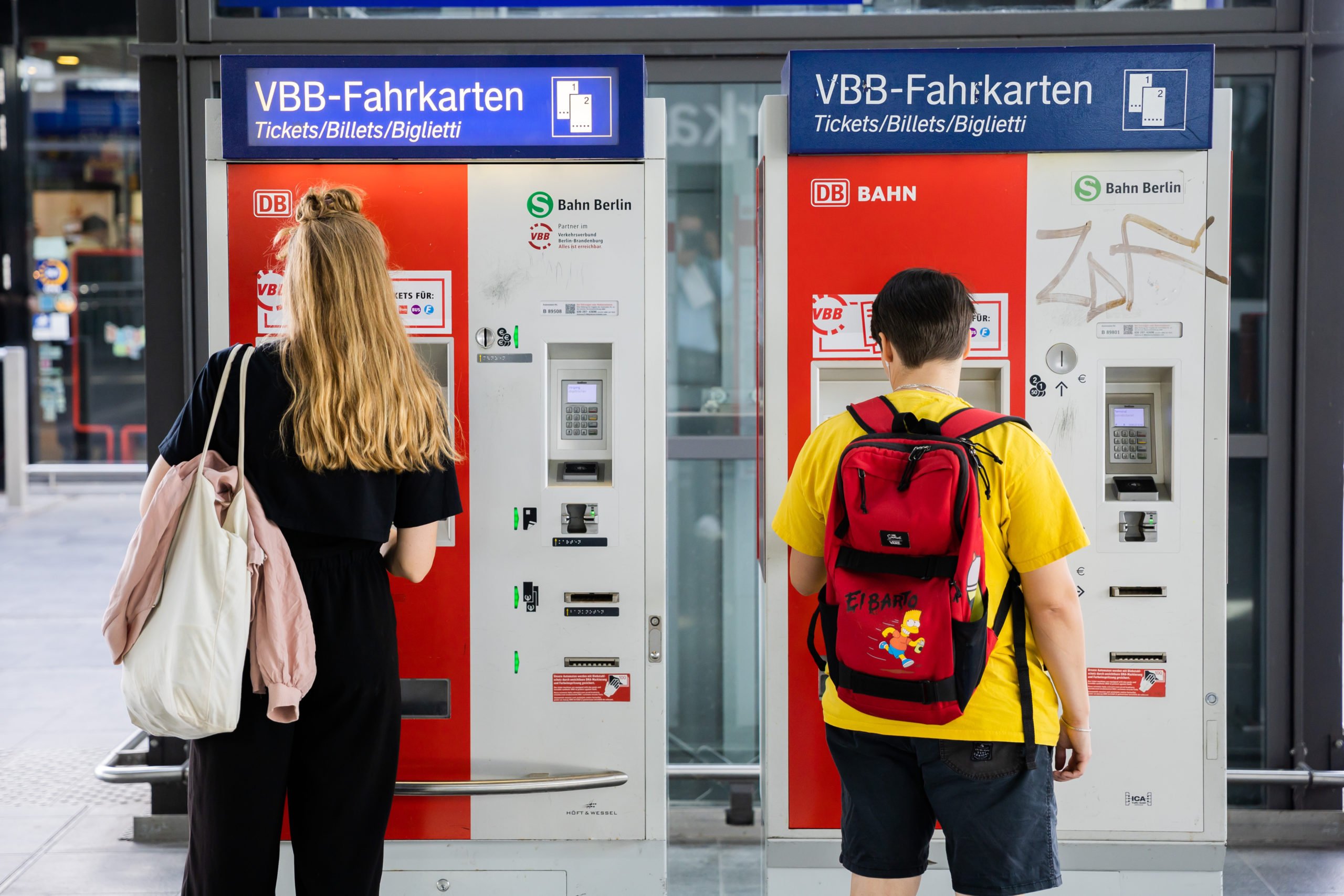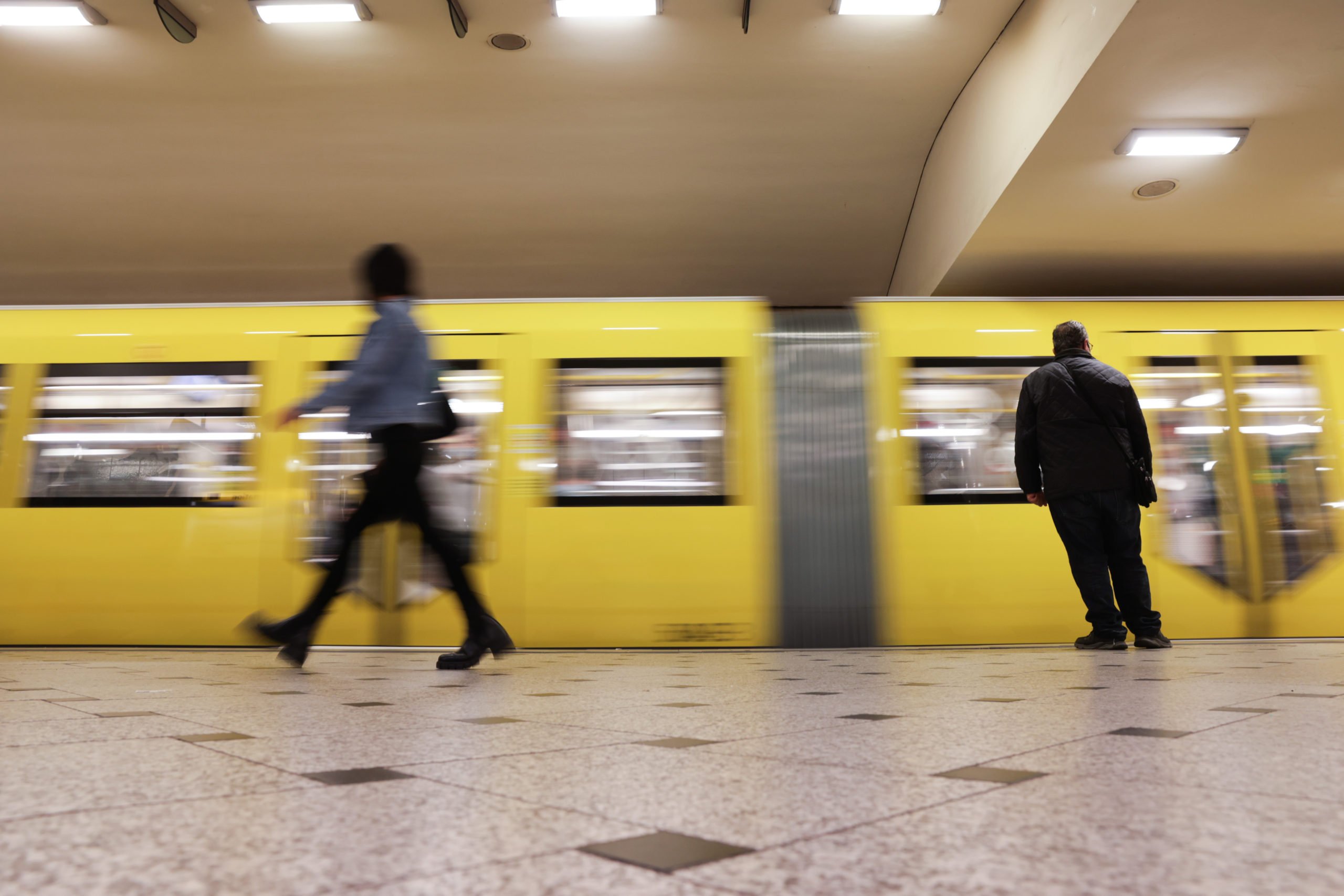In Bavaria, an 18-year-old man was killed when a firecracker he’d been handling exploded, causing fatal head injuries; in Koblenz another 18-year-old died when lighting a firecracker; and a 22-year-old in Boxberg, Saxony died while lighting an illegal ‘ball bomb’ (Kugelbombe), police reported.
“[Kugelbombe] are large, round fireworks that are shot into the air using a launcher and produce the effect of multiple normal New Year’s Eve rockets,” police spokesman Michael Guenzel told Bild newspaper.
Emergency services had been worried that this New Year’s Eve would see a repeat of the violence against police and firefighters from the turn of the year in 2022/2023.
To address this, police placed a strong focus on Berlin, ramping up their presence in the city with thousands of officers on duty, and instituting the concept of no-firecracker zones and pre-defined hotspot areas.
And the latest police figures show that this worked.
Some 390 people were arrested in Berlin – many because of violations of the Weapons and Explosives Act, 54 officers were injured, including 30 by fireworks, a police spokesperson told news agency DPA.
Preliminary figures show that there were 720 investigations into incidents throughout the city between 6pm on New Year’s Eve and 6am on January 1st.
But the traditional New Year’s Eve party at the Brandenburg Gate was a peaceful celebration, with some 65,000 people enjoying the sold-out event, according to organisers.
Berlin’s governing mayor Kai Wegner (CDU) rated the police operation on New Year’s Eve a success: “Strong presence, consistent action and full support for our police help to keep such situations under control,” Wegner wrote on X, formerly Twitter.
Starke Präsenz, konsequentes Handeln und volle Rückendeckung für unsere Polizei helfen, solche Lagen im Griff zu halten.
— Kai Wegner (@kaiwegner) January 1, 2024
And the police union (GdP) was pleased that “the trend towards more and more violence on New Year’s Eve” had been stopped.
Unfortunately, many party-goers ended up in A&E.
27 people were treated at the Berlin Unfallskrankenhaus alone for serious injuries, including to eyes, face and hands, caused by firecrackers, the team said on X.
Schwere Augenverletzungen, Brandwunden, und immer wieder Sprengverletzungen an den Händen und Gesicht weisen die inzwischen 22 Patienten mit #Böllerschmerz auf.
— ukb (@ukbberlin) January 1, 2024





 Please whitelist us to continue reading.
Please whitelist us to continue reading.
Member comments